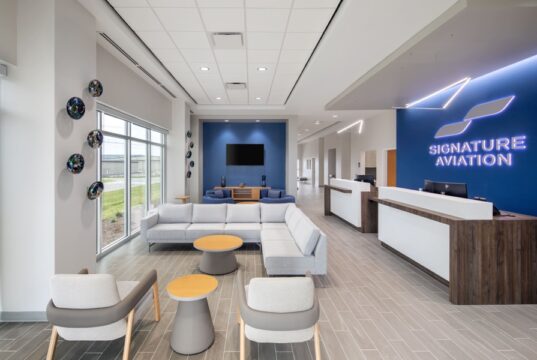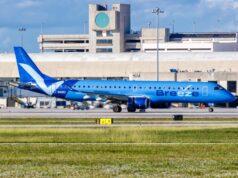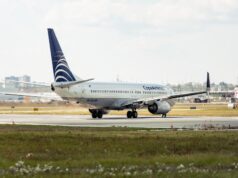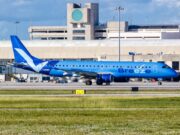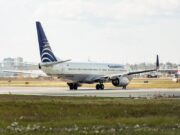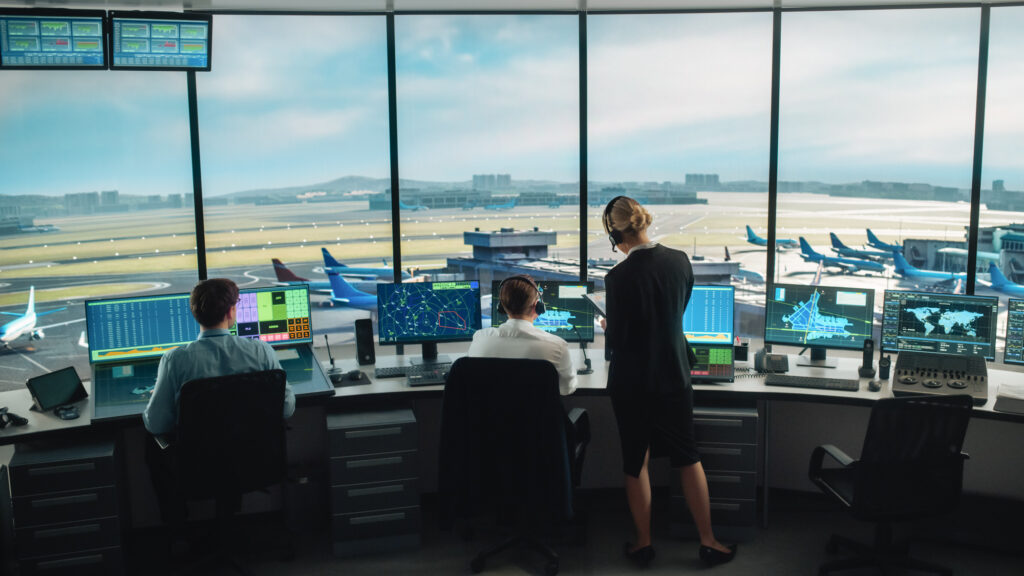
IFR clearances are issued by ATC at both controlled and uncontrolled airports. Depending on the type of ATC services available, pilots may obtain their clearance through clearance delivery or ground control.
Pilots departing uncontrolled airports have several options for obtaining an IFR clearance. A common practice, if VFR conditions allow, is to depart the airport under VFR and obtain a clearance airborne with the corresponding ATC facility for your sector. You must remember not to operate under IFR until proper clearance is received. If meteorological conditions do not allow for a VFR departure, clearance can be obtained via VFH radio through designated frequencies. Such frequencies can be found on the airport Charts Supplement specific page and are designated as either Remote Communication Outlets (RCOs) or Ground Communication Outlets (GCOs). Both are unstaffed, remotely controlled, ground/ground communications facilities. An RCO is for use either on the ground or airborne, while a GCO is for use only while the aircraft is on the ground.
IFR clearances from uncontrolled airports contain clearance-void times. Void times are treated as clearance expiration times. Taking off beyond a clearance-void time results in a departure without proper clearance. It is imperative to notify ATC if one is unable to depart by the provided void time and have it adjusted accordingly.
Equally important, is closing an IFR flight plan. This process happens automatically without pilot intervention at controlled airports. Uncontrolled airports require pilots to cancel IFR on their own, either after landing or with ATC airborne. Failure to close an IFR flight plan may initiate search and rescue operations if the pilot cannot be contacted.
Radio communications are a critical link in the ATC system. Instrument-rated pilots have additional responsibilities when filing an IFR flight plan. ATC expects all operators to comply with all responsibilities to ensure safe aircraft separation within the national airspace system.



























































